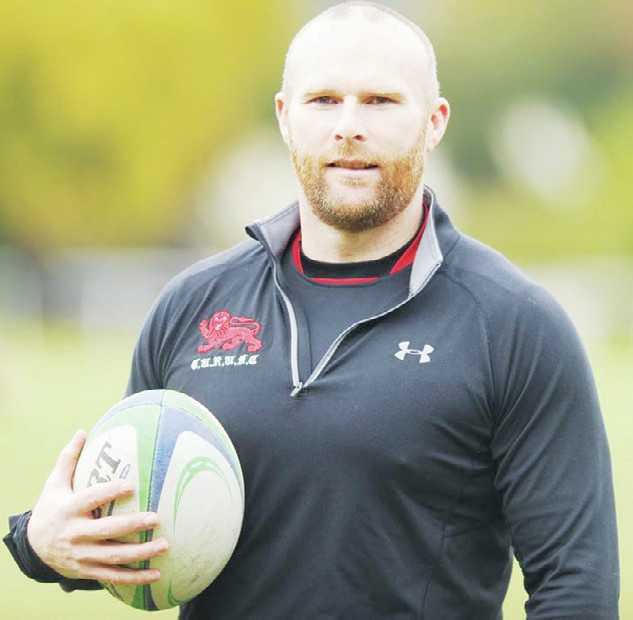Too many law changes-just let players play

Categories: National Leagues
Steve Hill puts the questions to James Shanahan, the head coach of Blackheath RFC and Cambridge University
Why did you get into coaching rugby and how did you arrive at your current position?
As a youngster at North Walsham I loved watching rugby. This continued into adult rugby – analysing games and prepping for games as a player and it just continued into coaching. In 2017 I was invited to become head coach at Blackheath.
What was your profession outside of coaching rugby?
Luckily for me I have always been a rugby player/coach. No other job.
How would you describe your style of coaching...
Continue reading...
Access all our premium content from as little as 14p per day!
Already a subscriber to our website? Login